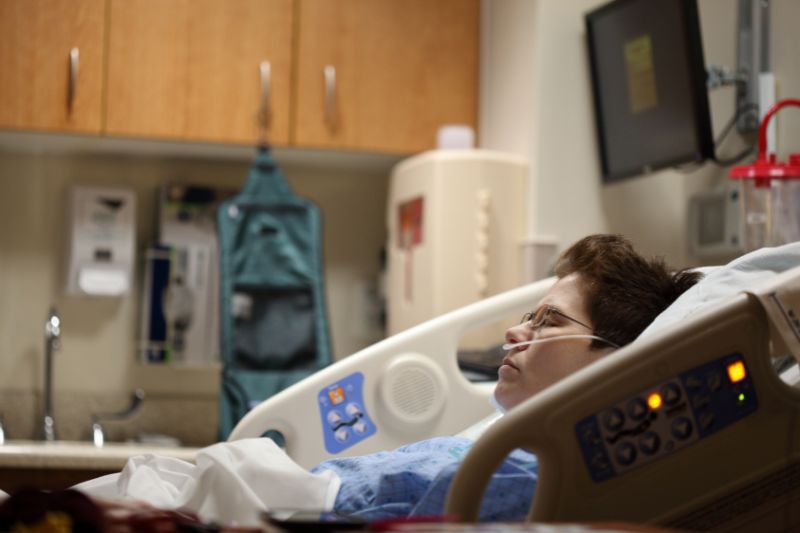No products in the cart.
6 Things You Should Know About Healing Process in Plastic Surgery

The world of plastic surgery has opened up new possibilities for people to enhance their appearance and boost their self-confidence. However, embarking on this transformative journey doesn’t simply end in the operating room. The healing process is an integral part of the plastic surgery experience, and understanding it is crucial to achieve the desired results. In this comprehensive blog post, we will delve into the top six things you should know about the healing process in plastic surgery, guiding you toward a successful recovery.
Individual Healing Rates Vary
In the realm of plastic surgery, it’s essential to recognize that there’s no one-size-fits-all approach to healing. Each individual’s body is unique, and factors such as age, overall health, genetic predispositions, and the type of procedure performed can influence the healing process. While some fortunate souls may experience a swifter recovery with minimal discomfort, others might require more time and patience to heal fully. It’s vital not to compare your progress with that of others and to trust your body’s innate capacity for healing.
Follow Your Surgeon’s Post-Operative Instructions
Your plastic surgeon is your most reliable ally on the road to recovery. After your procedure, they will provide you with comprehensive post-operative instructions tailored to your specific surgery. Adhering to these guidelines diligently can significantly impact your healing process, reduce the risk of complications, and optimize your overall results. Depending on the type of plastic surgery you have undergone, your aftercare plan will vary. For instance, if you have had a liposuction procedure, your surgeon may advise avoiding strenuous activities and wearing tight-fitting garments for up to six weeks during the healing process. On the other hand, if you have undergone non-incisional eyelid surgery, you may be instructed to keep your eyes clean and protected from the sun for several weeks. Following your surgeon’s instructions is crucial in recovering safely and efficiently.
Swelling and Bruising are Normal
Plastic surgery, like any surgical procedure, can lead to temporary side effects that may cause concern. Swelling and bruising are natural responses of the body to the trauma of surgery, and they are to be expected. The extent and duration of these effects will vary depending on the specific procedure performed and your healing capacity. While it may be disconcerting to witness these changes in your appearance, it’s essential to understand that they are transient and part of the healing process. Applying cold compresses and keeping the affected area elevated can help alleviate discomfort and reduce swelling and bruising. Remember, as the days pass, these side effects will gradually subside, revealing the beautifully transformed you.
Scarring is Inevitable
The thought of scarring might raise concerns for those considering plastic surgery, especially for procedures involving incisions. It’s essential to approach this aspect with realistic expectations. While skilled plastic surgeons aim to minimize scarring, it’s crucial to understand that some degree of scarring is an inevitable consequence of any surgical intervention. The appearance of scars is influenced by various factors, including the location and size of the incisions and your body’s healing process. Rest assured, there are steps you can take to optimize healing and reduce the visibility of scars. Following your surgeon’s scar management advice, avoiding excessive sun exposure, and using recommended scar creams are essential steps in this journey. Over time, scars often fade and become less noticeable, allowing your true beauty to shine through.
Emotions and Psychological Healing
Plastic surgery isn’t just a physical transformation; it’s a journey that can significantly impact your emotions and psychological well-being. Throughout the healing process, it’s common to experience a rollercoaster of emotions. Excitement, satisfaction, anxiety, and impatience may all be part of this emotional ride. Embrace these feelings as they surface, and remember that healing is not limited to the body alone. Be kind to yourself and grant yourself the space to adapt to your newfound appearance. Seeking support from loved ones or a counselor can be immensely beneficial in navigating the emotional aspects of your journey.
Patience is Key
In today’s fast-paced world, patience is often undervalued. However, when it comes to the healing process in plastic surgery, patience is a virtue that should be cherished. While immediate results may be desirable, significant changes take time to materialize. Rushing the healing process can lead to complications or compromise the outcome. Embrace patience as your faithful companion, understanding that true transformation is an unfolding process. Your body needs time to heal and settle into its new form, allowing the remarkable work of your plastic surgeon to reach its full potential. Stay in communication with your surgeon throughout your recovery period, and remember that the journey to complete healing is a personal voyage unique to you.
Plastic surgery has opened doors to self-improvement and boosted self-confidence for countless individuals worldwide. To achieve your desired results, it’s vital to navigate the healing process with awareness and understanding. Embrace the fact that individual healing rates vary and follow your surgeon’s post-operative instructions religiously. Swelling and bruising are natural companions in this journey, while scarring serves as a testament to your courage and transformation. Allow yourself to feel the emotions that surface during this time, and above all, be patient. With this knowledge in hand, you can confidently embark on your journey to recovery, knowing that true beauty is a harmony of both the physical and emotional aspects of your being.
















Leave a Reply